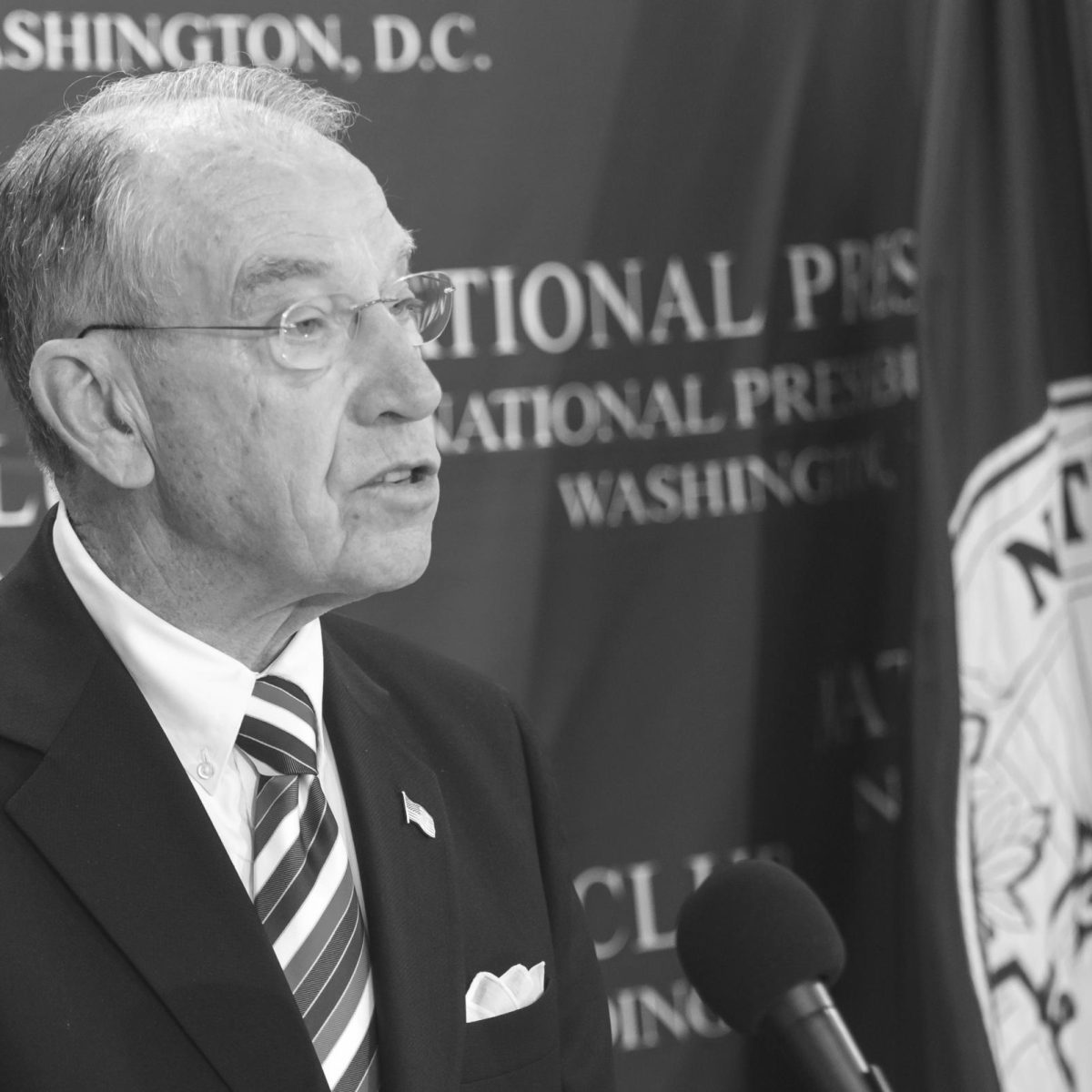In 2020, a car crash in Westlake Village left two brothers, 8-year-old Jacob Iskander and 11-year-old Mark Iskander, dead. In a recent trial, three years after the murder, socialite Rebecca Grossman, co-founder of the Grossman Burn Foundation, was convicted of two counts each of second-degree murder, vehicular manslaughter with gross negligence and hit-and-run resulting in death.
Sentencing was originally scheduled for April 10 but has been delayed to June 10. Grossman could face up to 34 years to life in prison.
While awaiting sentencing, Grossman was accused of encouraging illegal conduct from within jail and attempting jury tampering. Though the prosecution pushed to revoke her jailhouse phone and visitation privileges, Judge Joseph Brandino only issued a warning to Grossman.
Though the entire nation is currently facing a teacher shortage, the issue is especially present in California, which ranks 47th among all states for its student-teacher ratio.
In order to combat this, Democratic Senator Steve Padilla has proposed Senate Bill 995, the High-Quality Teacher Recruitment and Retention Act. The bill would create a 5-year pilot program that would facilitate easier transfers between community college and California State University schools for students studying to become teachers and allow students to get their teaching credential in four years, instead of the typical five years. The bill would also require CSUs to conduct marketing and recruitment at California high schools to encourage students to pursue a career in teaching. The pilot program would start at select CSUs and community colleges and will eventually expand to all CSUs and community colleges if successful.
Amid controversy over his presidential candidacy, the Colorado Supreme Court removed former President Donald Trump from the state’s Republican primary ballot for his role in the Jan. 6, 2021 insurrection at the U.S. Capitol. An appeal from Trump brought the case to the Supreme Court of the Unites States where the judges ruled unanimously that the states cannot disqualify candidates from their ballots because the Constitution only grants this power to Congress. Justice Amy Coney Barrett wrote a separate concurring opinion, while Justices Sonia Sotomayor, Elena Kagan and Kentanji Brown Jackson wrote a joint concurring opinion that maintained that the ruling should’ve been narrower without the specification for congressional enforcement of Section 3 of the Constitution.
Trump had been disqualified from the ballot in Colorado, Maine and Illinois, and his presence on the ballot has been challenged in over half the states.
Embryos were given the rights of extrauterine children in an Alabama Supreme Court decision, forcing fertility clinics to stop services after the ruling threatened the legality of in vitro fertilisation (IVF) treatments.
This decision prompted protests from women all over the country who attributed the threat to IVF treatments to the takedown of Roe v. Wade. As Republicans push to give embryos the rights of people — including the Life at Conception Act and Kentucky’s Republican bill that would allow people to claim fetuses as dependents on tax statements — doctors and patients have raised concern of diminished access to health care and worry for a future where family planning services, such as contraception, is made illegal.
In the wake of this decision, many states, including Alabama, have begun to pass legislation to protect IVF providers. However, it is worth noting that they blocked federal legislation to protect IVF treatments twice before.
For weeks, conspiracy theories and memes have surfaced with one question in mind: where is Kate Middleton, the Princess of Wales? Though the Kensington Palace had repeatedly stated that Middleton was recovering from a surgery, edited photos fueled an online frenzy of conspiracy theories, including an alleged BBL (Brazilian Butt Lift).
However, many expressed regret after it was revealed that Middleton had been diagnosed with cancer and has been absent because of her chemotherapy treatments.
“Disgusted with the internet and even disgusted with myself because I fell into the trap,” CEO of nonprofit Girls Who Code Reshma Saujani said in an Instagram post. “This is a classic example of what we do to women, of how when a woman takes time to prioritize her health and take care of her family.”
The daily routine of over 170 million TikTok users in the U.S. may change as Congress pushes for a TikTok ban. Citing privacy concerns, U.S. officials claim that Chinese company ByteDance could take the personal information of the millions of Americans who use the app. However, opponents of the bill see the TikTok ban as a violation of free speech and blatantly Sinophobic. By storing the data of American users on U.S. servers, TikTok has already taken steps to protect American data. However, proponents are concerned because, if ordered by Chinese authorities, ByteDance would be forced to hand over the data.
The bill that would ban TikTok from operating in the U.S. unless the Chinese-owned company sells the app passed in the House of Representatives in a 352–65 vote and heads to the Senate for another vote.
Your donation will support the student journalists of Thousand Oaks High School. Your contribution will allow us to purchase equipment and cover our annual website hosting costs.




